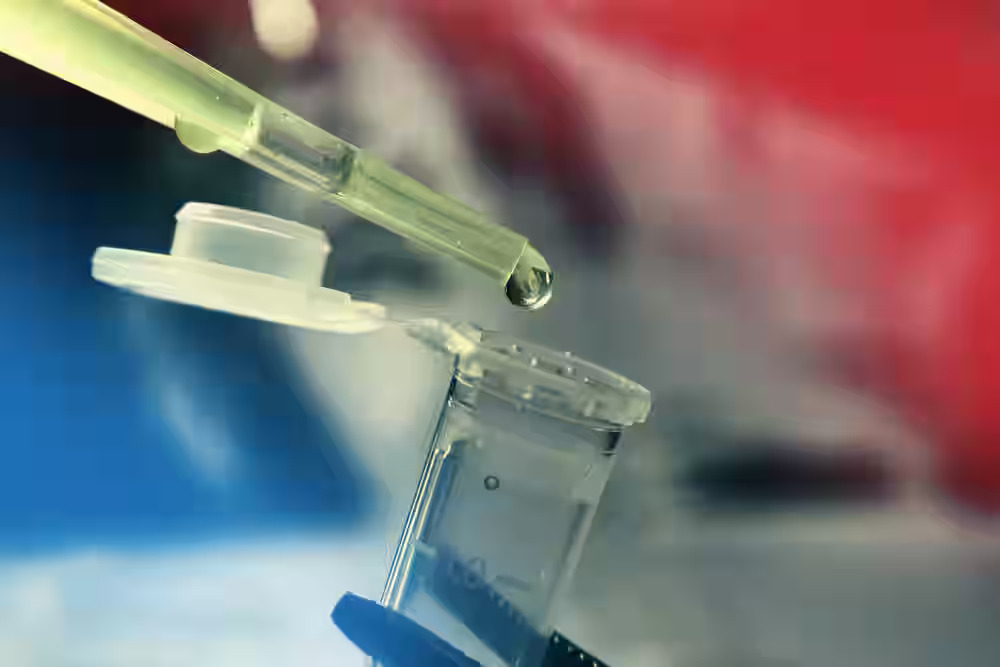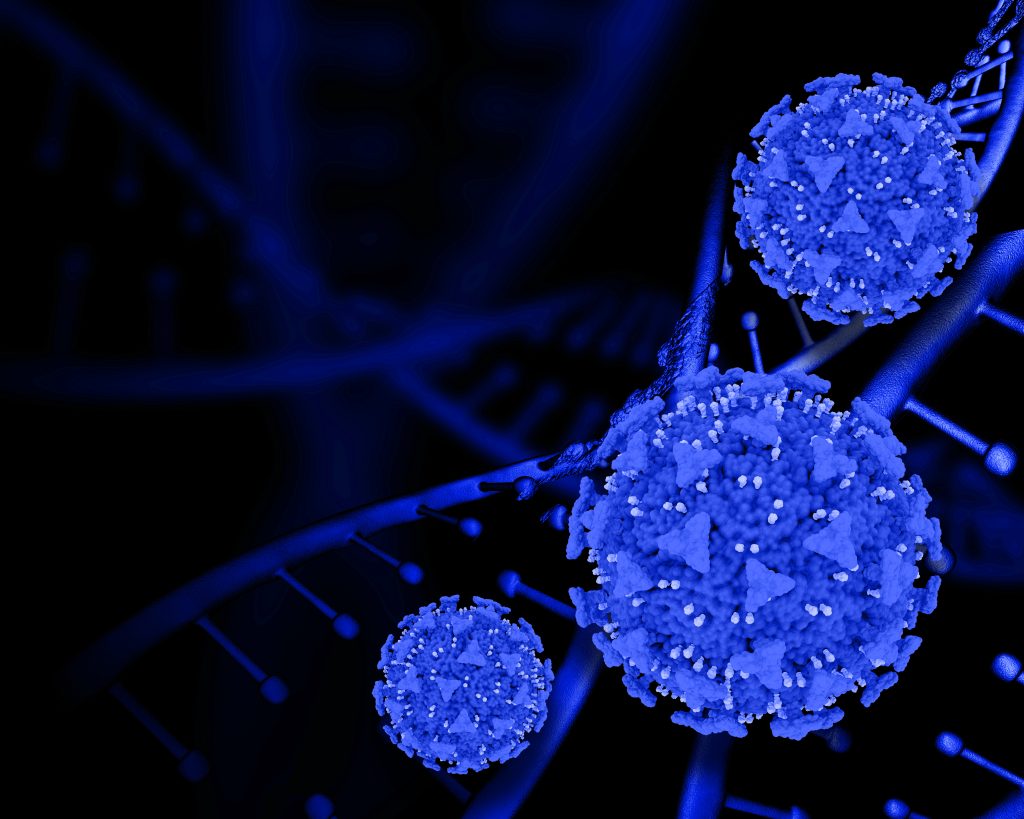Every parent wants to give their child a head start not just in life, but in health security. The idea of banking a newborn’s stem cells — preserving them today for potential therapies tomorrow — is gradually moving from futuristic concept to practical option. In this piece, we look at how a family stem cell storage company like Transcell operates, why this service matters, and what makes Transcell a compelling choice in India.
What Is Family Stem Cell Storage?
Stem cells are undifferentiated cells capable of developing into various specialized cell types. Among the most accessible and promising sources are those found in umbilical cord blood and cord tissue collected at birth. By cryogenically preserving these cells, families can potentially use them later to treat certain diseases or regenerate damaged tissues.
When a company offers family (or private) stem cell storage, it means the stored cells are reserved specifically for the child and the child’s family. Unlike public donation banks, where the samples are shared for broader selection, family storage ensures that access is retained exclusively by those who stored it.
While the chance of needing one’s own stem cells for therapy is currently low, the rapid progress in regenerative medicine keeps this option open—acting as a form of biological “insurance” for the family.
Transcell: Mission, Vision & Core Strengths
Transcell (recently rebranded as Transcell Biosciences) positions itself as a next-generation biobank in India, aiming to transform stem cell storage from a static repository into an enabling platform for personalized medicine. (Source: website content)
Mission & Vision
-
Vision: To deliver transformative medicinal applications from an advanced biobank based right here in India.
-
Mission: Facilitate personalized medicine by maintaining a repository of high-quality stem cells.
-
Promise: That cord blood stem cells hold potential for treating 80+ conditions today, with research underway for many more.
-
Principle: The stem cells collected at birth are uniquely matched to that child and possibly to family members, offering a 100% match for the child. (Source: Transcell site)
What They Offer
Transcell hosts a suite of services under its umbrella:
-
ScellCare – a core service to collect, store, and release cord blood units in compliance with regulatory standards.
-
PREGEN – a predictive & advisory offering (registered under a regulatory code).
-
HSCT – focused on hematopoietic stem cell transplantation, used for treating disorders like leukemia.
-
BARTI, TRUCB, Population Omics / Big Data / Drug Discovery – these address advanced use cases, research, and cellular applications beyond classic stem cell storage.
(Source: services listing on their site)
They emphasize their proprietary capability to retrieve stem cells from cord blood through a patented method — a differentiator they highlight in customer testimonials.
Benefits & Use Cases
1. Medical Defense & Treatment
Stored stem cells may serve as a treatment option for certain blood disorders, immunodeficiencies, and other conditions where bone marrow or hematopoietic transplantation is needed.
2. Sibling & Family Compatibility
Because the child’s own stem cells are a perfect genetic match, there is potential to use them (or in some cases partially match) for siblings or other family members, subject to compatibility tests.
3. Future-Facing Potential
Stem cell science is evolving rapidly: research is underway for regenerative and personalized therapies for maladies such as neurological damage, cardiac injury, and more. By banking now, families preserve optionality for future medical breakthroughs.
4. One-Time Opportunity
The collection can only happen immediately after birth, making timing critical. It’s a unique chance that cannot be repeated.
Challenges & Considerations
Even as the promise is high, there are practical and scientific caveats worth acknowledging:
-
Low likelihood of usage today: The probability of needing one’s own stored stem cells is currently small. Some experts argue that for genetic disorders, using one’s own cells may not be beneficial, as they could harbor the same inherent defects. (A hematologist’s commentary echoes this skepticism) Reddit
-
Cost vs benefit: The fees for processing, testing, and long-term storage can be significant.
-
Accreditation & reliability: Storage quality, lab accreditation, backup systems, and regulatory compliance are crucial for maintaining viability over decades.
-
Regulatory oversight & ethics: The stem cell banking field is regulated in many countries; families should ask about licensing, quality control, and transparency.
Why Choose Transcell?
Here are a few attributes that make Transcell stand out compared to general offerings:
-
Patented retrieval method: Transcell emphasizes its own proprietary technique for stem cell recovery, which they and customers highlight as a differentiator. (From testimonials)
-
Integrated advanced offerings: Beyond simple storage, Transcell is building capabilities in predictive genomics (PREGEN), research partnerships, big data processing, and translational usage. This signals a commitment to staying relevant as science evolves.
-
Indian-centric infrastructure: With a base in Hyderabad, Transcell promises a domestic biobank, which can be advantageous in logistics, oversight, and trust in local regulation.
-
Customer focus & feedback: Their site displays customer scores (4.7) and helpful testimonials praising punctual service and disciplined operations. (Source: site)
-
Compliance & transparency: They mention operating under CDSCO license for ScellCare, demonstrating a regulated framework. (Source: site)
Advice for Expectant Parents
If you are considering stem cell storage for your child, here are some practical tips:
-
Ask about accreditation & backups – Know whether the lab is certified by national or international bodies, and whether they have redundant storage or offsite duplications.
-
Understand cost structure – There are upfront processing fees, annual or decadal storage fees, and retrieval charges. Clarify long-term financial commitments.
-
Clarify access rights – Ensure the contract clearly states that the stored cells are for your family’s exclusive use, with conditions for release.
-
Timing & protocol – The collection team must be in place during delivery. Understand hospital coordination, legal consent, and transport logistics.
-
Realistic expectations – Recognize that while the promise is strong, actual clinical usage today is limited. But as regenerative medicine advances, your stored cells may hold increasing utility.
In summary, family stem cell storage, when executed well, positions a family to harness future medical advances. Transcell, with its Indian infrastructure, proprietary technologies, and expanding suite of capabilities, presents a modern choice for parents who want to invest in their child’s health in a forward-looking way. Feel free to let me know if you’d like a shorter version, a variant emphasizing “why choose Transcell,” or a version focused on medical science.





